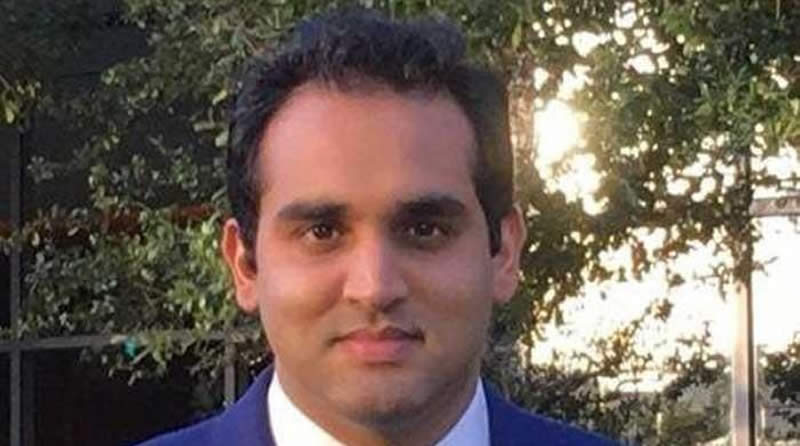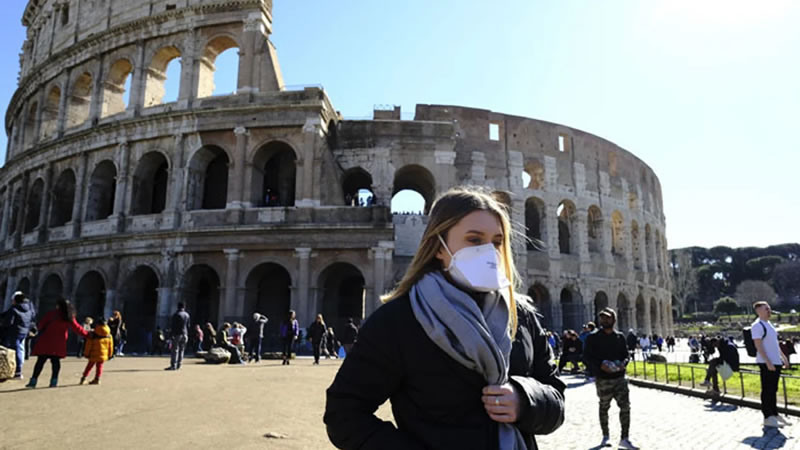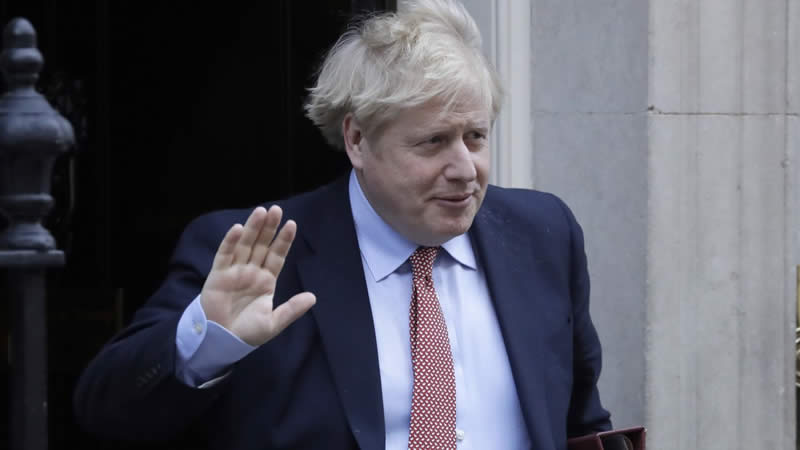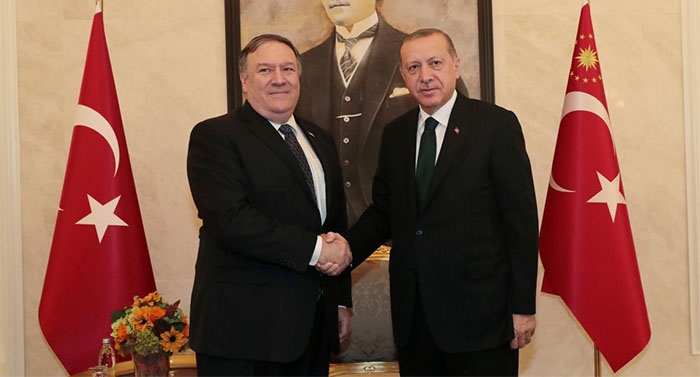 As the expression goes, “There are no accidents.” Certainly, the decision of the Turkish government to schedule a referendum for constitutional amendments on September 12 is a bold and calculated move. Nearly 30 years ago, on September 12, 1980, a group of senior officers in the Turkish army led by General Kenan Evren carried out a coup against the civilian government.
As the expression goes, “There are no accidents.” Certainly, the decision of the Turkish government to schedule a referendum for constitutional amendments on September 12 is a bold and calculated move. Nearly 30 years ago, on September 12, 1980, a group of senior officers in the Turkish army led by General Kenan Evren carried out a coup against the civilian government.
The third military coup since 1960, it focused on ending a decade of right-wing versus left-wing violence that had left hundreds dead and the country economically stagnant and politically divided.
The officers in charge pushed through a new constitution in 1982 that enshrined the Kemalist values of military strength, a Turkish ethnocentric identity and secularism on a state still struggling with its handling of ethnic minorities, Islamic-resurgence, and radical politics. Through the coup and the new constitution, the military reasserted itself as the guardian of Mustafa Kemal Ataturk’s legacy as the founder of the Turkish Republic.
The coup was rooted in the very nature of the modern Turkish Republic and the shadowy role of what Turks call the derin devlet or the “deep state”. The “deep state” refers to a partnership of high-ranking members of the military, the security and intelligence services, and the judiciary. Officially, the ideological alliance doesn’t exist; unofficially, it is the guardian of Ataturk’s Turkey. It is this “deep state” that is the target of the constitutional referendum.
On May 7, the Justice and Development Party (AKP) passed the 30-article package in the Turkish national assembly. The AKP, however, fell 31 votes short of the two-thirds majority needed to simply implement the changes. That is why the referendum is necessary.
A key focus of the amendments package is the Turkish judiciary. Under the amended constitution, the Constitutional Court will expand from 11 to 17 members. The Supreme Board of Judges and Prosecutors will triple from seven to 21 members. The ruling government will have a significant role in appointing the new court members. There is a fear in some quarters that this change will reverse the judiciary’s strongly secular composition and make Turkey vulnerable to pro-Islamic policies, thus undermining a key aspect of Ataturk’s reform program.
In previous years, the judiciary has crossed swords with the AKP on a number of issues; fighting over the banning headscarves in public universities, famously blocking current prime minister Recip Tayyip Erdogan’s from office for having read an Islamic poem while mayor of Istanbul, and coming one vote short of banning his party completely in July 2008.
Like the judiciary, the military has also had its share of altercations with the government. In January of this year, the government claimed to have uncovered plans for another coup, codenamed Operation Sledgehammer, under which Turkey’s military would seize control of the state, detain dissidents and restore the country’s secular identity. In an unprecedented move, the government arrested 49 high-ranking serving and former officers who they claimed were involved in plotting “Sledgehammer” on February 22. Passage of the amendments would be another blow to Ataturk’s disciples in both the judiciary and the military.
At the same time, the referendum is also a litmus test for the governing AKP. With public opinion polls reporting a statistical dead-heat among Turkish voters, the AKP has much to lose if its reform program is defeated. The AKP is trying to sell the passage of the package as a victory for democracy and economic opportunity, claiming that by diminishing the power of the “deep state” it is bringing Turkey closer to European Union (EU) membership. In spite of this tactic, there is little indication which way voters will turn.
For observers in the West, the battle for the soul of the Turkish state is a source of contradicting imperatives. The democratic progress that the constitutional amendments represent is in line with broad American and European political values. A government victory for the referendum would undermine the power of the military and make the Turkish political system accountable to its voters and elected officials rather than its soldiers.
At the same time, the AKP’s ideology has seen it turn away from its Western partners. The party’s Islamic roots remain a concern for secular minds in the West. Ataturk’s “deep state” – anti-communist, anti-fascist, and staunchly secular – maintained its partnership with the West for nearly 90 years. It supported Turkey’s entry into the North Atlantic Treaty Organization (NATO), its pursuit of membership in the EU, open markets, and economic progress. Yet the role of the military has cast a long shadow over the civilian political process and provides an easy-to-point-at obstacle for those within the EU opposed to Turkish membership.
But Turkey is no stranger to contradictions. It continues to insist that it belongs in Europe while working hard to improve its relations with its eastern neighbors and re-establishing its position as a leader in the Islamic world. Turkey refuses to acknowledge calls for increased rights and self-government for its Kurdish minority while championing those very principles for Turks on Cyprus through military force. The current government espouses a policy of “no problems with neighbors” but has intentionally provoked confrontations with Israel over its policies in the occupied Palestinian territories and refuses to reach a final settlement with Armenian to open the frontier.
The AKP faces a challenge to convince the Turkish people to vote for reform measures. Although it is on the defensive politically, the AKP may very well find sufficient strength to pass the amendments with a small margin. The party is gambling in order to strike another significant blow against the “deep state” and is in a position where anything less than a ringing victory on this issue will be a major defeat.
What happens in Turkey has a significant echo in the rest of the Muslim world and its neighborhood. Turkey is hardly alone in having a “deep state” complex, a point recently underscored in The National Interest on Pakistan by veteran journalist Ahmed Rashid. It can be argued that to varying degrees, there are versions of the “deep state” in Algeria, Egypt, Pakistan and, to a lesser extent, in Indonesia. In each case, the men in khaki are either in leadership roles or carry considerable influence in the direction of their countries.
Beyond the significance of civil-military relations in Turkey, the September 12 referendum also counts from the standpoint that Turkey’s version of democracy has allowed an Islamic “lite” party to rule the country and preside over what many regard as one of the more successful Emerging Markets countries.
The mere holding of the referendum represents an important step in the country’s political development, as the question of the deep state is being put to the voter. For anyone looking at varying types of political and economic development the Turkish way could well provide a contrast with China’s highly successful economic yet more authoritarian political experiment. -atimes











